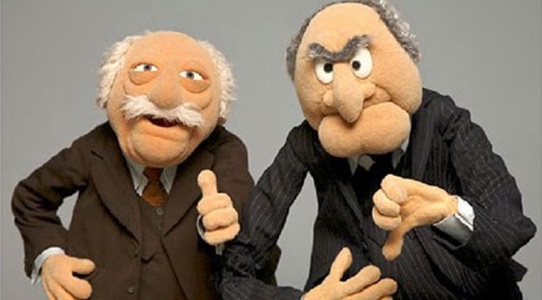Enabling access, enhancing capabilities
This blog entry has its origins in two threads of conversation. First, as I write, we are just three weeks out from the 2018 Forum on Online Dispute Resolution, to be hosted by the NZ Centre for ICT Law and Auckland Law School. What has been an annual – even flagship – Forum is now…


